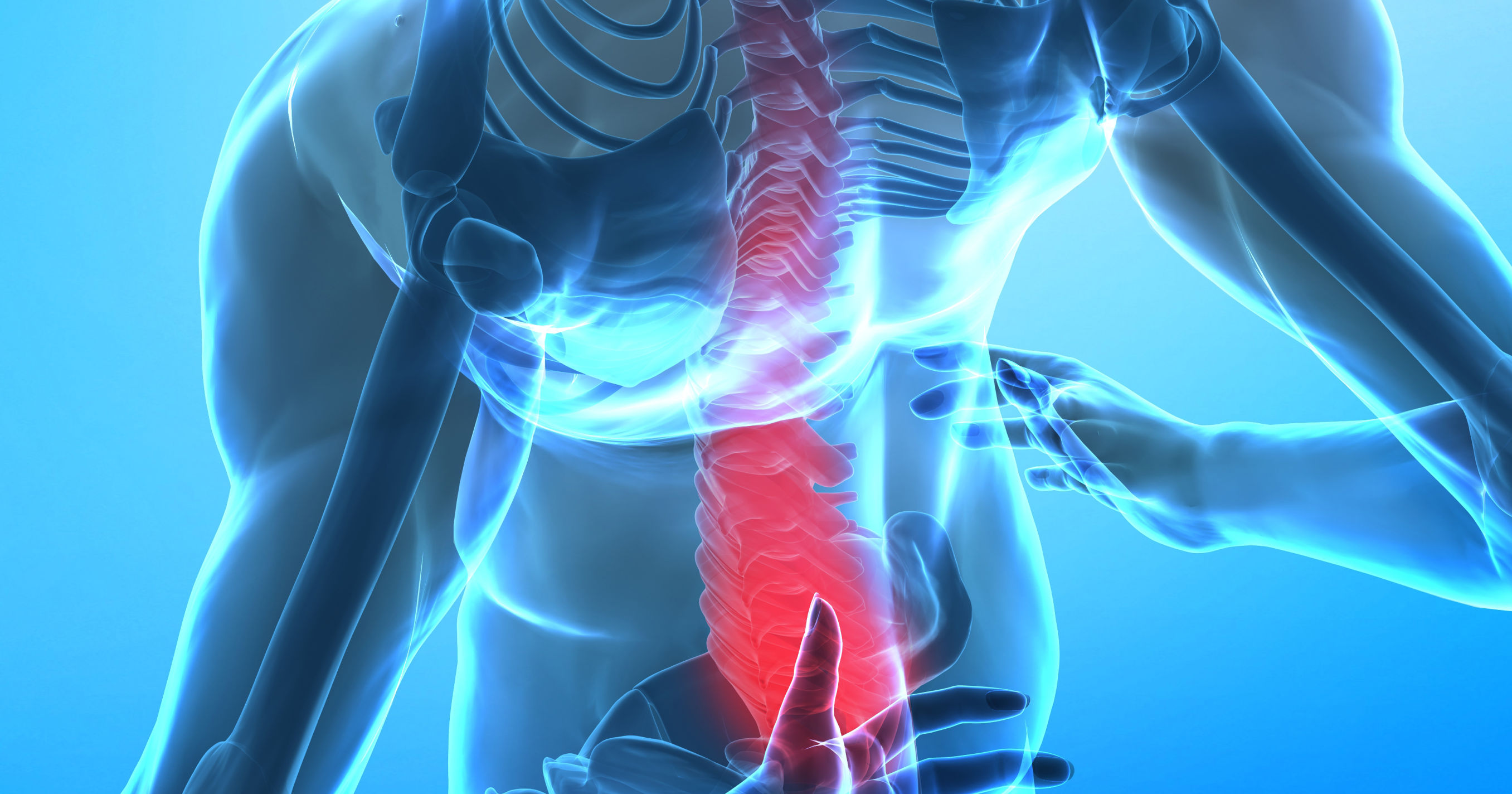April 6, 2013
Over the years there have been multiple studies showing the relationship between those that suffer from chronic migraines and magnesium deficiency. Magnesium is commonly deficient in many westernized societies due to our lack of consumption of whole foods. It is involved in over 300 enzymatic processes and plays a role in the function of the heart, immune system, digestive system, liver, kidney, brain, and bone formation...just to name a few. Magnesium also acts as a natural calcium channel blocker and has been shown to be effective in lowering high blood pressure in some cases. How do you know if you have taken too much? That's easy! It will cause very loose stools. In fact, it is a common therapy in my clinic to ease the discomfort of constipation. A typical recommendation is to start with 100-200mg at night and increase that amount by 100-200mg every night until you notice loose bowel movements. Then decrease to a dose you feel comfortable with.
References:
Prophylaxis of migraine with oral magnesium: results from a prospective, multi-center, placebo-controlled and double-blind randomized study. Cephalalgia. 1996 Jun;16(4):257-63.
Role of magnesium in the pathogenesis and treatment of migraines. Clin Neurosci. 1998;5(1):24-7.



Dr. Groneck
We are dedicated to providing a comprehensive approach to helping you achieve optimal health by looking at the synergy of the whole person, not just a collection of parts. We combine standard medical testing with functional medicine testing to gain an in-depth understanding of what is wrong and, equally important, how to fix it.